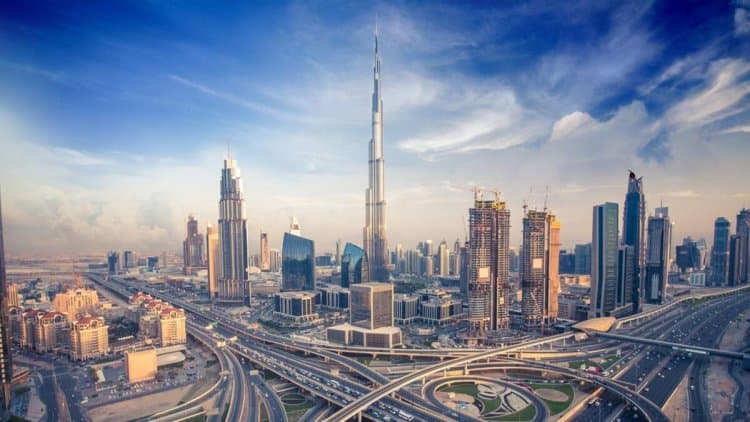
Growth in Dubai Business Market
According to PMI® statistics, operating conditions in the UAE's non-oil sector continue to improve at a remarkable rate, as strong new business growth continued to fuel improvements in output and employment. Input costs only slightly rose after a new reduction, thus businesses only mildly felt pressure on prices. The seasonally adjusted UAE Purchasing Managers' Index (PMI), a composite indicator, has been designed to give an accurate overview of operating conditions in the non-oil private sector economy.
The indicator showed a considerable improvement in the non-oil private sector's situation, albeit it remained stable above the no-change cut-off of 50.0. Indicating the improvement in business circumstances, new business volumes recorded yet another sizable increase at the end of the third quarter of the year. Businesses that took part in the study regularly stated that the market was improving and that efforts to maintain low prices for clients had increased sales.
International sales also experienced a little increase. The boost in demand led to a large increase in corporate activity, but it did so more slowly than it had since August when it reached a 38-month high. More than 25% of enterprises observed an overall gain in output, compared to 4% who experienced a decrease. High consumer demand and project backlogs nevertheless kept enterprises from operating at full capacity, which led to a sharp rise in unfulfilled commitments.
To reduce workloads and enable company expansion, non-oil companies reported an additional rise in employment. Businesses claim that the increase was primarily caused by rising purchase prices, however, salary costs also climbed significantly. Cost inflation remained lower than it had been in the first half of the year, nevertheless, thanks to drops in the price of commodities and energy.
In response, output costs dropped for the sixth consecutive month as businesses sought to further promote sales growth through competitive pricing. The fee reduction was, however, incredibly modest. Finally, firms' output forecasts for the future year climbed for the first time since June as a larger proportion of them projected activity to expand due to better order books.
The UAE PMI is a sign of ongoing development in the non-oil sector. These findings demonstrate that domestic businesses are avoiding economic storms in other nations at a time when the probability of a worldwide recession is at an all-time high. This is due to the nation's continued epidemic recovery and above-trend rates of output growth and new business.
Low pricing pressures are also helping to maintain growth, inflation has continued to rapidly slow down during the first half of the year. Input costs rose, although only somewhat, as falls in the prices of a variety of commodities helped to relieve the burden on businesses' procurement budgets. Input purchases then increased at the fastest rate in more than three years, supporting larger new orders as well as greater output projections for the following 12 months.
For any enquiries or information, contact ask@tlr.ae or call us on +971 52 644 3004